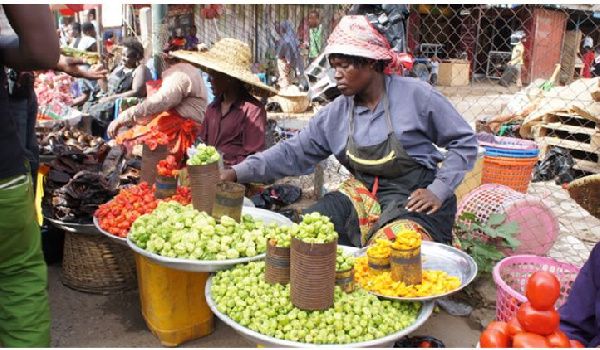
The Food and Agriculture Organization’s food price index, which measures monthly changes for a basket of cereals, oilseeds, dairy products, meat and sugar, averaged 94.2 points in July versus a slightly revised June figure of 93.1 points.
“Similar to June, further increases in the prices of vegetable oils, dairy products and sugar outweighed lower prices in the meat markets amid overall steady value of the cereal price index,” the FAO said in a statement.
The agency’s vegetable oil price index climbed 7.6% in July to reach a five-month high.
Palm oil was buoyed by expected production slowdowns, revived global demand and protracted migrant labour shortages, while soyoil and rapeseed oil were underpinned, respectively, by tightening supply in Brazil and fresh demand in Europe, it said.
Vegetable oil demand had been curbed earlier in the year by lockdown measures to counter the novel coronavirus, dampening restaurant and biofuel demand.
In dairy, all products tracked by the FAO rose last month, helping the dairy price index rise 3.5% and climb back above the pre-pandemic level, the agency said.
Milk powders rose due to strong import demand by Asian buyers amid concern about export availabilities in Oceania. Butter and cheese were supported by robust import demand but remained below pre-pandemic levels, FAO said.
Average sugar prices rose 1.4%, with support from rising energy prices and drought-reduced production in Thailand, partly offset by strong sugar crush volumes in Brazil.
In contrast, the FAO’s meat index slipped 1.8% and was 9.2% below the year-earlier level, as global import demand continued to lag availability despite coronavirus-linked disruptions to slaughtering.
The cereal index was almost unchanged, with sharp gains for maize (corn) and sorghum linked to Chinese purchases of U.S. suppliers offset by weaker rice quotations and stable wheat prices. Read Full Story


























Facebook
Twitter
Pinterest
Instagram
Google+
YouTube
LinkedIn
RSS